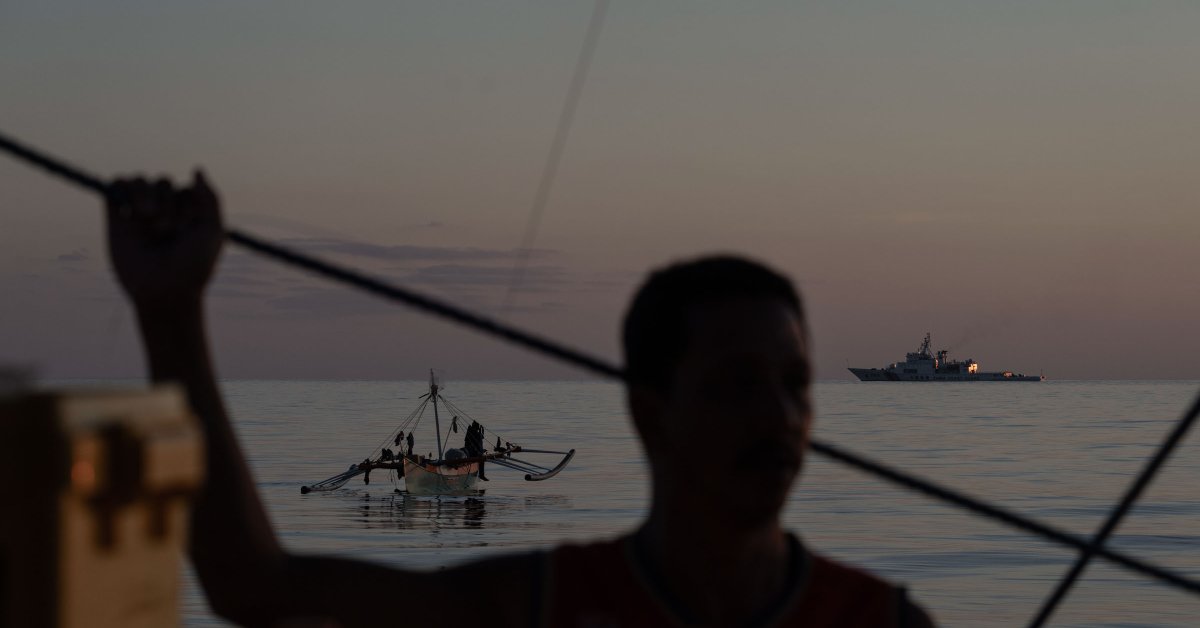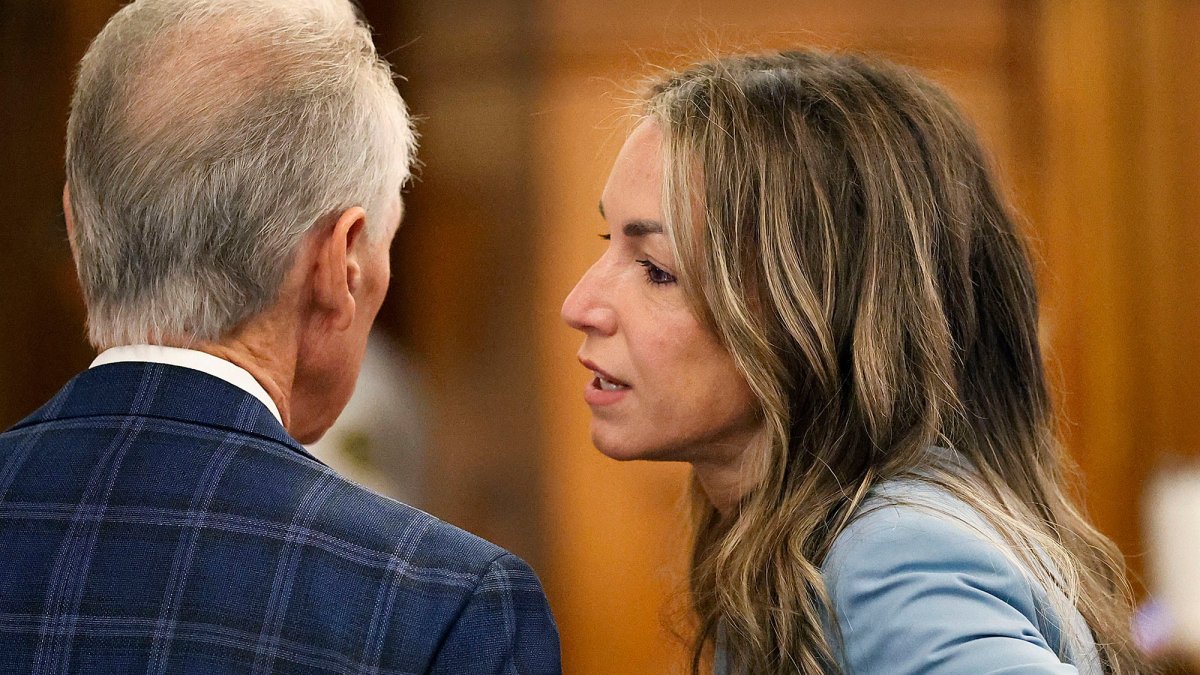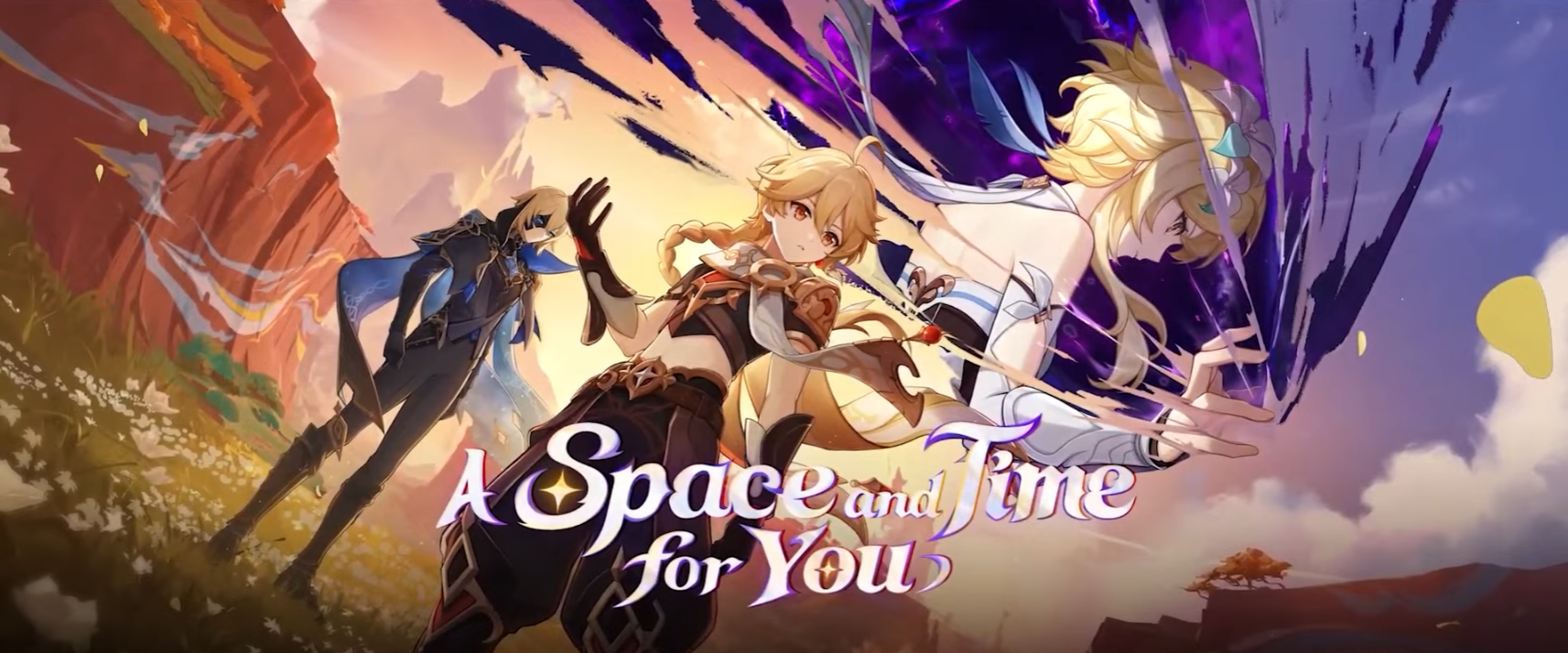The Impact Of International Relations On Marine Ecosystems

Welcome to your ultimate source for breaking news, trending updates, and in-depth stories from around the world. Whether it's politics, technology, entertainment, sports, or lifestyle, we bring you real-time updates that keep you informed and ahead of the curve.
Our team works tirelessly to ensure you never miss a moment. From the latest developments in global events to the most talked-about topics on social media, our news platform is designed to deliver accurate and timely information, all in one place.
Stay in the know and join thousands of readers who trust us for reliable, up-to-date content. Explore our expertly curated articles and dive deeper into the stories that matter to you. Visit Best Website now and be part of the conversation. Don't miss out on the headlines that shape our world!
Table of Contents
The High Seas and High Stakes: How International Relations Shape Our Marine Ecosystems
The ocean, a seemingly boundless expanse, is far from immune to the impacts of human activity. While the waves may crash regardless of political borders, the health of our marine ecosystems is profoundly shaped by international relations. From overfishing and pollution to climate change and biodiversity loss, the complex web of global politics significantly influences the fate of our oceans. Understanding this interplay is crucial for effective conservation and sustainable management.
The Tragedy of the Commons and the Need for Cooperation
The ocean, often referred to as a "global commons," presents a unique challenge. Its open nature, coupled with the difficulty of enforcing regulations across international waters, leads to what Garrett Hardin famously termed the "tragedy of the commons." Unregulated exploitation, driven by individual national interests, can lead to the depletion of fish stocks, habitat destruction, and overall ecosystem degradation. This necessitates strong international cooperation and agreements to manage shared resources effectively.
Key International Agreements and Their Impact
Several international agreements play a vital role in protecting marine ecosystems. The United Nations Convention on the Law of the Sea (UNCLOS), often called the "constitution for the oceans," provides a legal framework for marine resource management and environmental protection. However, its effectiveness relies heavily on the willingness of nations to comply and cooperate.
Other crucial agreements include:
- The Convention on Biological Diversity (CBD): Aims to conserve biodiversity worldwide, including marine biodiversity.
- The International Maritime Organization (IMO): Regulates shipping and its impact on marine pollution.
- Regional Fisheries Management Organizations (RFMOs): Collaborate to manage fish stocks in specific regions, often with varying degrees of success.
While these agreements represent significant steps forward, their implementation and enforcement remain ongoing challenges. The lack of consistent monitoring, weak penalties for violations, and conflicting national interests often hinder their effectiveness.
Climate Change: A Transnational Threat to Marine Life
Climate change poses a significant, transnational threat to marine ecosystems. Rising sea temperatures, ocean acidification, and sea-level rise are already causing widespread damage to coral reefs, disrupting marine food webs, and threatening the livelihoods of millions who depend on the ocean. Addressing climate change requires global cooperation on a scale unseen before, demanding significant shifts in energy policies and international collaborations on mitigation and adaptation strategies. [Link to an article on climate change and oceans]
Illegal, Unreported, and Unregulated (IUU) Fishing: A Persistent Problem
IUU fishing is a major threat to marine biodiversity and sustainable fisheries. This illegal activity undermines conservation efforts and deprives coastal communities of vital resources. Combating IUU fishing requires strong international collaboration, including improved monitoring, control, and surveillance mechanisms, as well as enhanced information sharing among nations.
The Future of Ocean Governance: Towards Sustainable Solutions
Protecting our marine ecosystems necessitates a fundamental shift in global governance. This involves:
- Strengthening international cooperation: Enhancing the effectiveness of existing agreements and fostering greater collaboration among nations.
- Promoting sustainable practices: Encouraging responsible fishing practices, reducing pollution, and minimizing the environmental impact of human activities.
- Investing in marine research: Improving our understanding of marine ecosystems and the impact of human activities.
- Empowering local communities: Recognizing the crucial role of coastal communities in marine conservation and ensuring their participation in decision-making processes.
The future of our oceans depends on the choices we make today. By prioritizing international cooperation, promoting sustainable practices, and investing in research and education, we can work together to safeguard these vital ecosystems for generations to come. The stakes are high – the health of our planet, and the well-being of billions, depend on it.

Thank you for visiting our website, your trusted source for the latest updates and in-depth coverage on The Impact Of International Relations On Marine Ecosystems. We're committed to keeping you informed with timely and accurate information to meet your curiosity and needs.
If you have any questions, suggestions, or feedback, we'd love to hear from you. Your insights are valuable to us and help us improve to serve you better. Feel free to reach out through our contact page.
Don't forget to bookmark our website and check back regularly for the latest headlines and trending topics. See you next time, and thank you for being part of our growing community!
Featured Posts
-
 Government Revision Shows Significant Drop In March April Job Creation
Jun 07, 2025
Government Revision Shows Significant Drop In March April Job Creation
Jun 07, 2025 -
 Watch Live Karen Read Trial Continues After Break Expecting Key Testimony
Jun 07, 2025
Watch Live Karen Read Trial Continues After Break Expecting Key Testimony
Jun 07, 2025 -
 Daphne Caruana Galizia And Chris Chircop Murders Maksar Gangs Guilty Plea
Jun 07, 2025
Daphne Caruana Galizia And Chris Chircop Murders Maksar Gangs Guilty Plea
Jun 07, 2025 -
 Complete Guide To Genshin Impact Version 5 7 Release And Features
Jun 07, 2025
Complete Guide To Genshin Impact Version 5 7 Release And Features
Jun 07, 2025 -
 Will Elon Musk Sink Trumps Border Wall Bill Senate Vote Looms
Jun 07, 2025
Will Elon Musk Sink Trumps Border Wall Bill Senate Vote Looms
Jun 07, 2025
